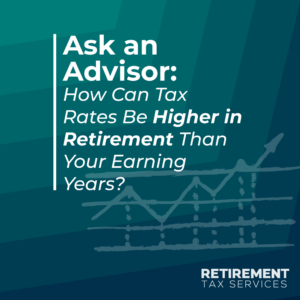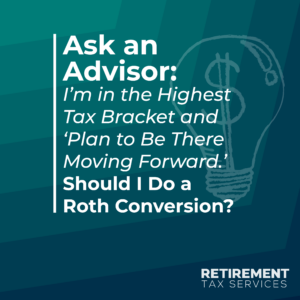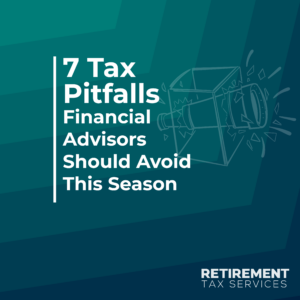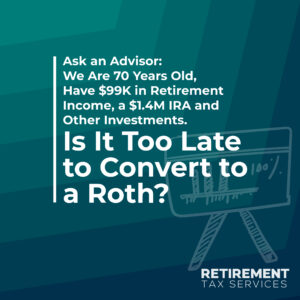Assuming that when you have income, you also have to pay tax, definitely keeps you on the safe side of life. Tax-free income seems nonexistent.
However, that assumption is not universally true. Thanks to a well known golf tournament (and a less well known IRS code section), home owners can generate tax-free income every year. This is possible through what is known as the Augusta Rule.
It isn’t a gimmick or loophole: IRS Code Section 280A(g) specifically allows a taxpayer to rent their “dwelling unit” for up to 14 days.
They don’t have to include the money received in gross income, either. Depending on the area a taxpayer lives in and the value of their residence, this is potentially thousands of dollars a year in tax-free income!
The Augusta Rule is named after the location of the Masters golf tournament in Augusta, Georgia.
Residents near the course will rent out their homes just for the tournament each year. They take advantage of this code section to generate tax-free income along the way.
While the rule was originally created for residents of Augusta, that is hardly the only application. Any number of large sporting events or tournaments could be a great candidate for opportunities to apply it.
And don’t limit your options to sports: Conferences, shows, events, fairs… any large gathering could work to your favor.
The Augusta Advantage: Tax-free Income
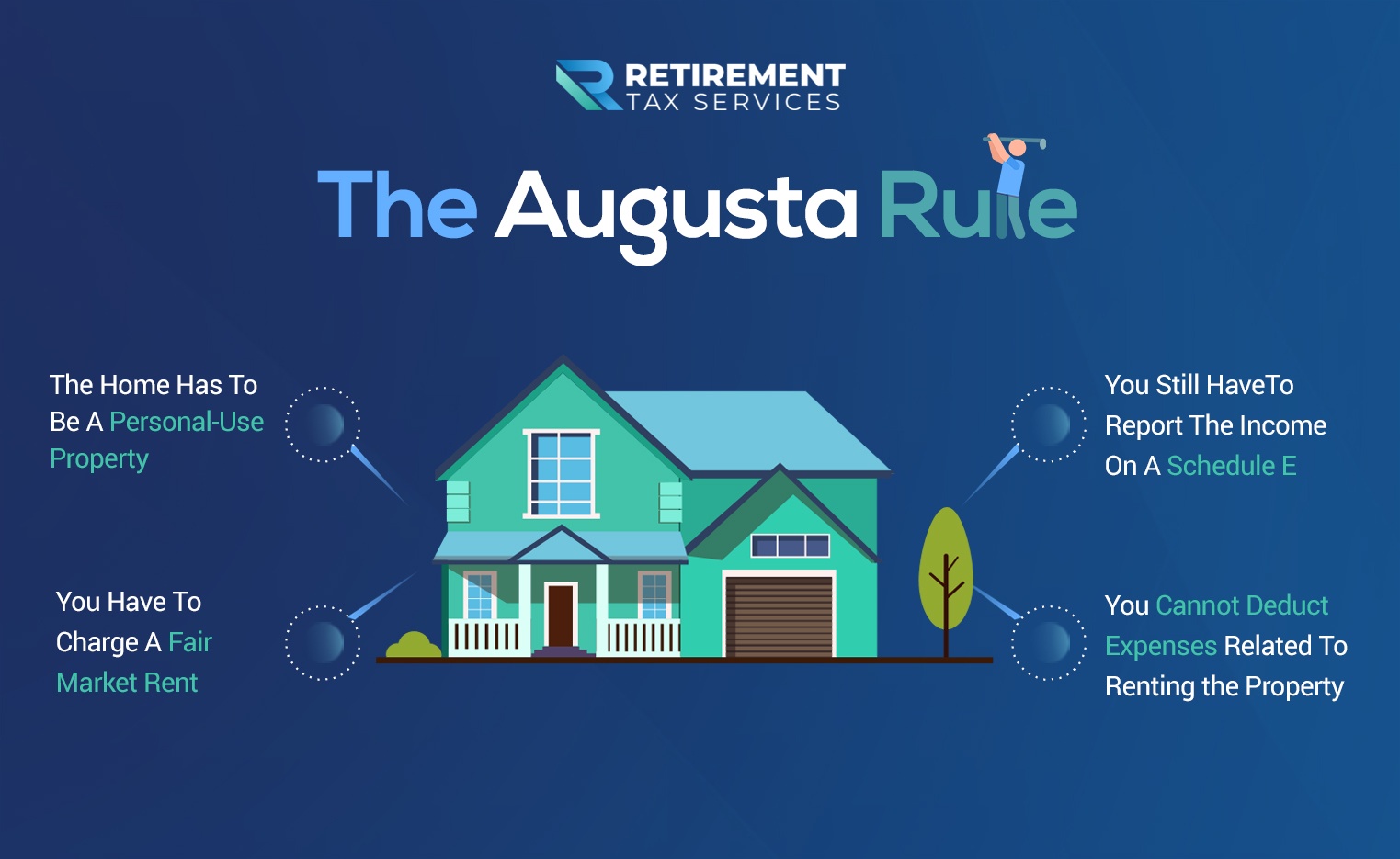
The rule doesn’t specify that the income be generated through a large one-time event. However, this can help identify the opportunities and potentially drive up the amount of income that can be generated.
Like any IRS code, there are very important details that go along with the Augusta Rule. These make sure the income really can be claimed tax-free. Below are some key points to keep in mind:
- The home has to be a personal-use property; not necessarily your primary residence. You can potentially use either your home or a vacation property—if you’re the one who uses it enough.
- You have to charge a fair market rent. With sites like AirBnb and VRBO, you can easily find comparable homes in your area. See what the going rate is for a property similar to yours. Keep documentation of the fair market rent, just in case.
- You still have to report the income on a Schedule E. However, you can offset the full amount of the income under “other deductions.” This means no income will carry through to your 1040 and there will be no increase to your taxable income.
- You cannot deduct expenses related to renting the property. Since the income is tax-free, the IRS does not allow you to deduct any related expenses.
This is a perfect example of a chance for an advisor to identify opportunities. Work with your client (and their tax preparer) to make sure the execution is correct. Retirement tax planning should be more than recommending retirement plans.
Advanced Options
If you want to take the Augusta rule to the Masters level, you can take this a step further: Taxpayers can actually rent their property to their own business. This generates tax-free income on your individual return and still deducts the expense for the business.
This approach takes a little bit more paperwork, but it can be a very effective strategy. To make this work, there are a few more things to consider (in addition to all of the key points above):
- The renting of your property has to be for a legitimate business purpose. A couple of great examples might be board meetings, business planning meetings or company retreats—not events that are purely entertainment (e.g. no company Christmas parties).
- You need documentation that the event occurred for a business purpose. Meeting minutes, agendas, schedules, attendee lists, et cetera are all great ways to accomplish that.
- Fair market rent is still applicable. While it’s mentioned above, you have more options for business meetings. In addition to looking at rental home rates, look for rates on business meeting spaces, conference rooms, or other venues.
Conclusions
This may not be a strategy that you consider with every client. However, there are so few opportunities to generate truly tax-free income it’s certainly worth knowing about. Great advisors should take the time to be aware of the Augusta Rule. At least know what to look for.
This is certainly an opportunity you want to plan ahead for. Document tax-free income as you go. So, if there ever were questions from the IRS you would have all the support you need. You can show how your client correctly followed the rule.
Which, by the way, is the same approach you should take for all tax-related strategies. Any time you are recommending a tax planning strategy to a client, you should feel prepared and confident. Be ready to answer any questions that might come up down the road.
Please also remember: This is a federal rule. It does not change any state or local rules you or your client may be subject to.
Take Action
Here is what every great advisor should be doing related to this topic:
- Get tax returns for every client every year. This is a great way to identify tax planning opportunities. In this case, make sure that the tax planning strategy was correctly reported. A taxpayer receiving a 1099 for renting their home—and then not reporting anything on schedule E—is a fantastic way to get the IRS’s attention.
- Understand all of your client’s assets and income sources, even if you don’t directly manage those assets. Many planning opportunities have potential consequences in other areas of a client’s financial life. You need to make sure you are aware of (and considering) those other factors.
- Include learning new tax strategies in your personal development plan. Even if no client implements this, you are still the financial professional in their life, exploring opportunities for them.
Great advisors provide value in all aspects of their clients’ financial lives. CPAs do not have exclusive rights on all things tax-related. Many of them will thank you for taking these steps with your shared clients.
Even if you find yourself with a situation that is beyond your expertise, you can still serve your client and provide value through partnering with them.
Work with the tax experts. Don’t just sit back and say, “Sorry, I don’t give tax advice.”
Good luck out there and remember to tip your server, not the IRS.
